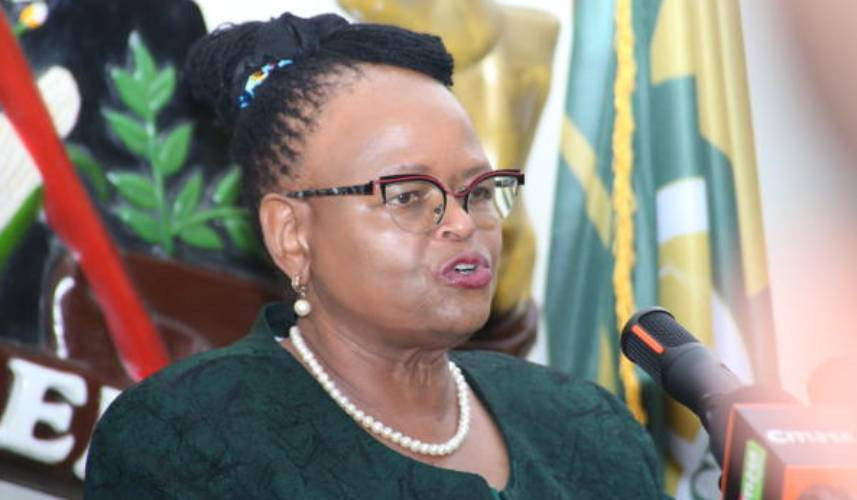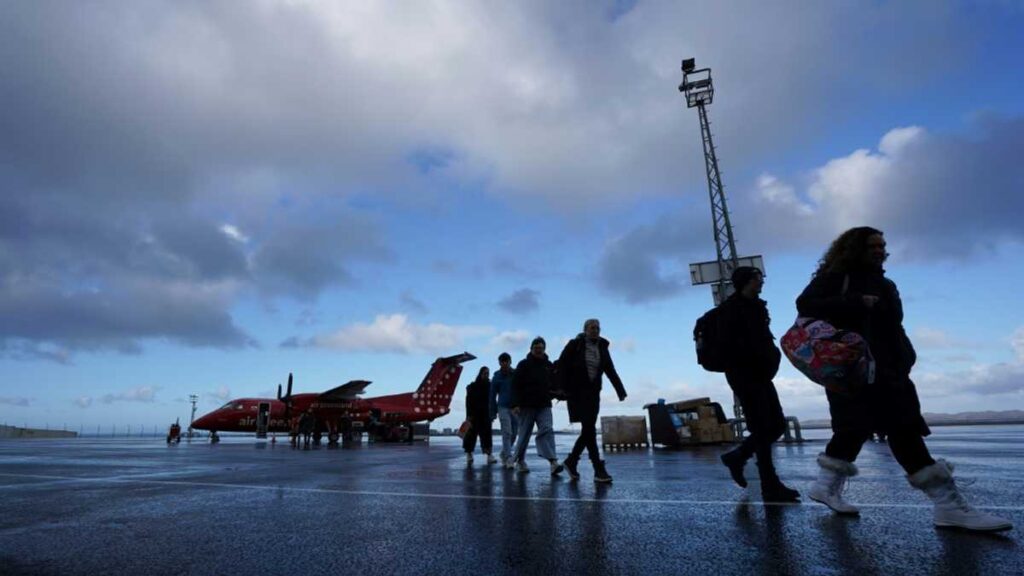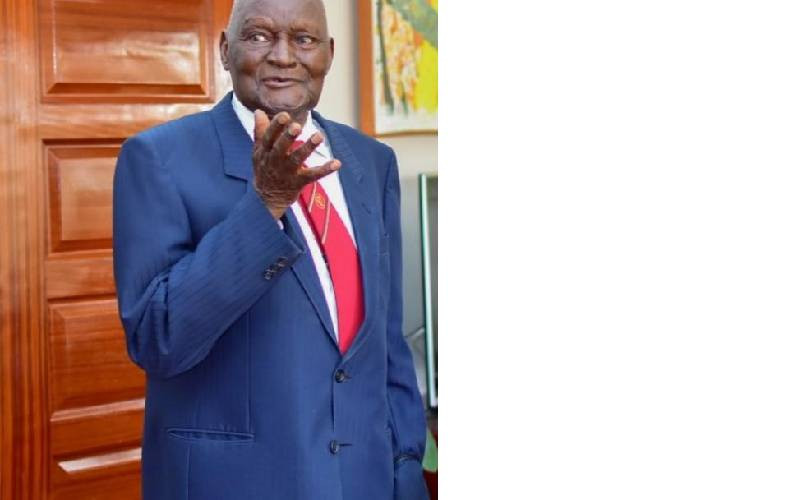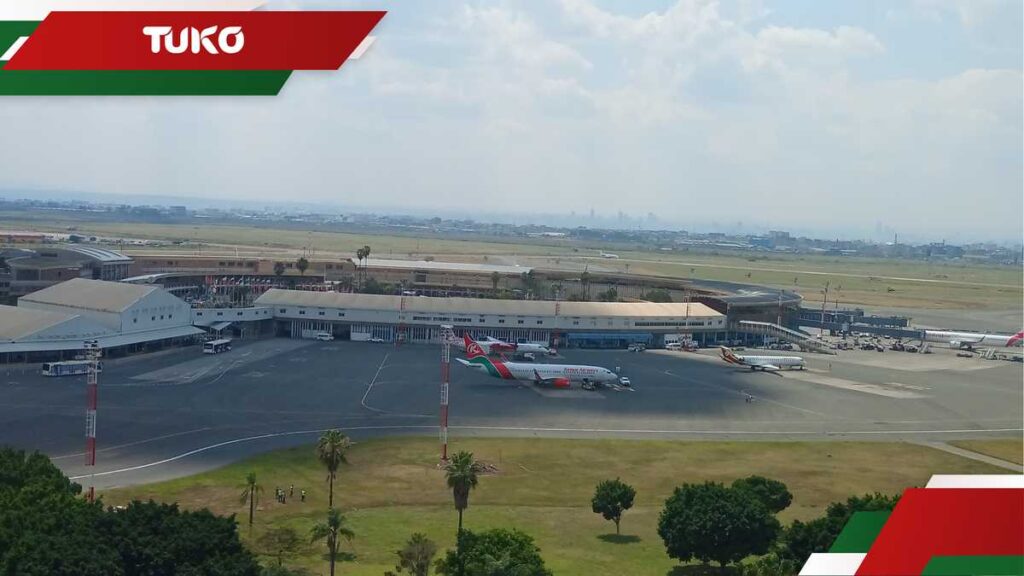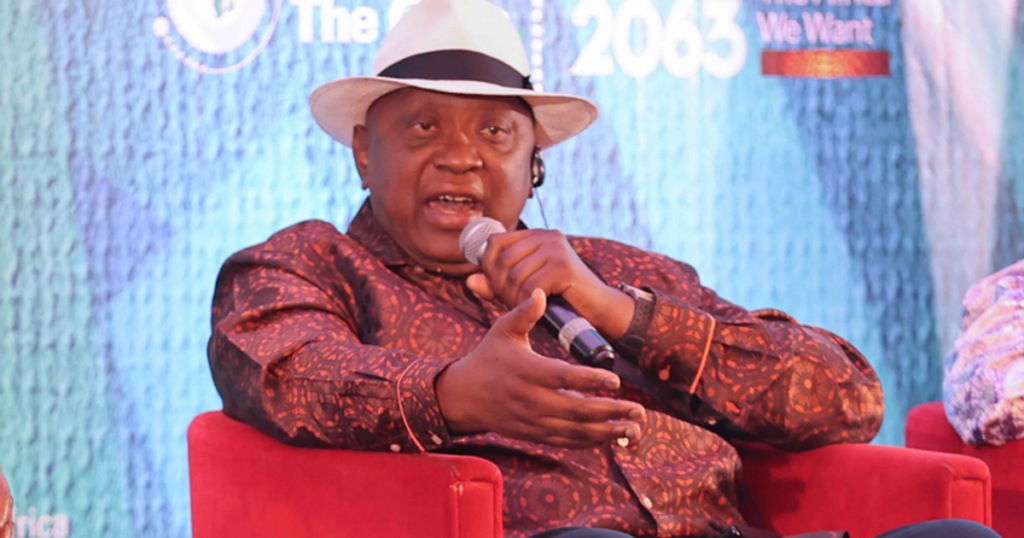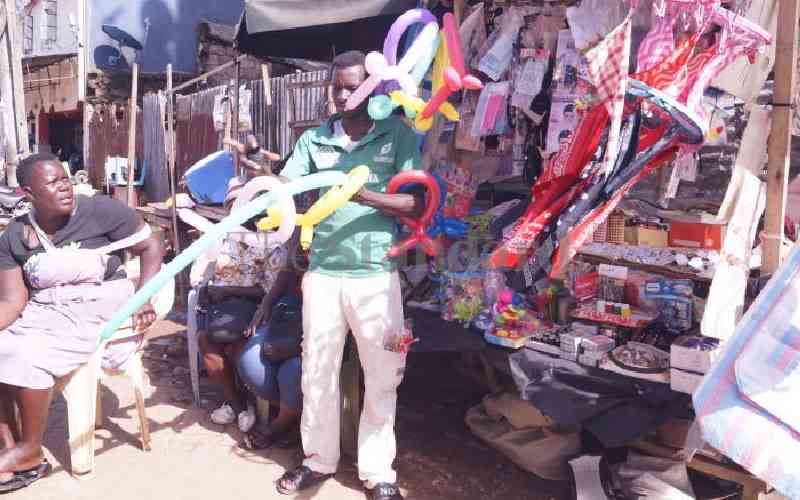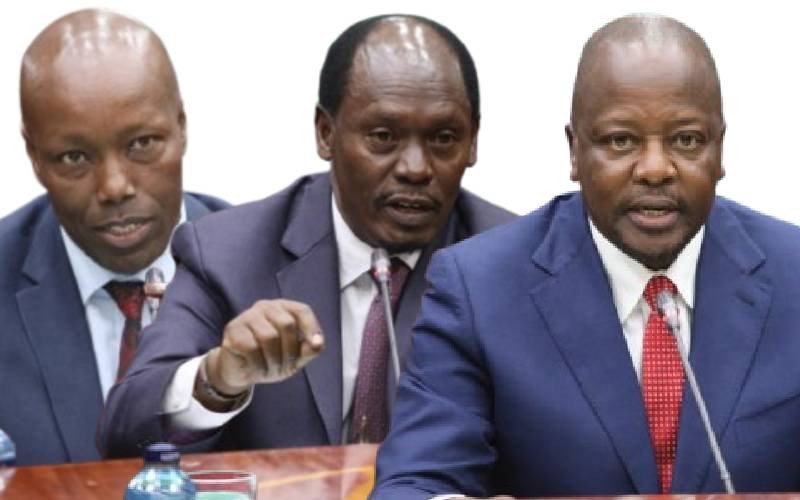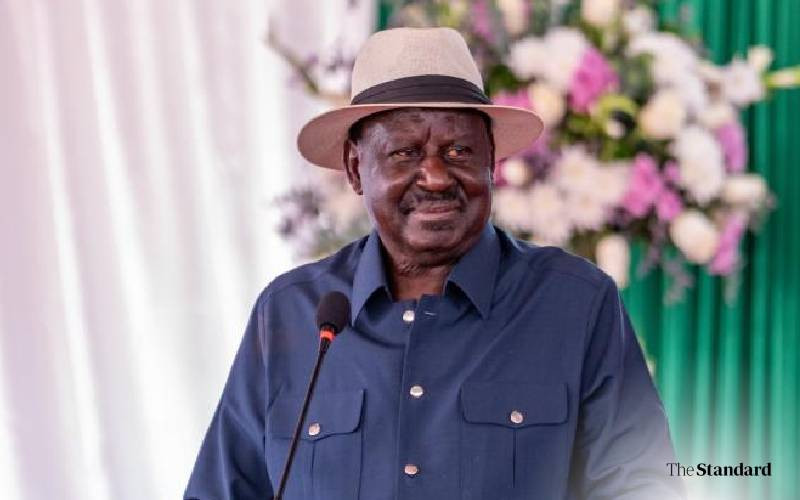The National Council on the Administration of Justice (NCAJ) has called for calm, unity and police reforms following protests that left at least 42 people dead, hundreds injured and widespread property damage across the country.
Chief Justice Martha Koome, who chairs the NCAJ, noted on Tuesday, July 15, that the protests reflect deep concerns by the youth over governance, jobs and accountability but warned that continued unrest could destabilise livelihoods and social cohesion.
“We meet at a moment of national concern following demonstrations that have resulted in the loss of life, violations of rights and destruction of property,” Koome noted.
According to Interior Cabinet Secretary Kipchumba Murkomen, at least 42 people died and nearly 600 others were injured during the protests, including 496 law enforcement officers.
“In this chaos, 42 Kenyans regrettably lost their lives, and close to 600 were injured. Out of these injuries, 496 were law enforcement officers,” Murkomen explained during a press conference in Nairobi.
Murkomen said 1,500 people have been arrested countrywide on charges including terrorism, murder, robbery with violence, sexual assault, arson, malicious damage to property and attacks on infrastructure.
The Serious Crimes Investigations Unit is probing 50 suspects while the Anti-Terrorism Police Unit has taken up 71 cases over alleged terror links, all tied to the protests on Wednesday, June 25, and Monday, July 7.
The NCAJ urged the government to quickly support families who lost loved ones and those injured while calling on Kenyans to reject violence and embrace peaceful means to push for change.
“The Constitution remains our shared compass, guaranteeing the right to peaceful assembly and protest while entrusting us all to protect peace and order,” Koome observed.
Justice sector institutions committed to upholding their constitutional mandate without fear or favour, Koome explained, adding that protecting the vulnerable and reinforcing public trust in justice systems was critical.
The NCAJ expressed concern about political rhetoric that could incite ethnic divisions, warning that Kenya’s history shows the grave cost of radicalisation.
“All political actors should exercise restraint,” Koome noted.
While acknowledging tensions between managing public order and respecting the right to protest, the council tasked the Kenya Law Reform Commission (KLRC) with reviewing laws on protests to address gaps while incorporating concerns raised by the National Police Service (NPS).
The NCAJ urged the NPS to act with professionalism and respect human rights during protests, emphasising that security operations must comply with constitutional safeguards.
“The police, as the first point of contact, should ensure safety and dignity for women, children and other vulnerable groups during unrest,” Koome explained.
Stay informed. Subscribe to our newsletter
The council called for urgent action on sexual violence cases reported during the protests and demanded a crackdown on criminal gangs using demonstrations to cause chaos.
Further, the NCAJ encouraged collaboration among the Judiciary, the Office of the Director of Public Prosecutions (ODPP), the Independent Policing Oversight Authority (IPOA), civil society and oversight bodies to ensure accountability in policing.
Courts were urged to apply fairness and proportionality in bail and bond decisions while maintaining judicial independence to guarantee justice for all.
Koome added that operationalising county policing authorities and strengthening partnerships through court user committees and community policing approaches will help maintain harmony and cohesion during tense periods.
The NCAJ also called for the Victim Compensation Fund to be activated and resourced by the National Treasury to assist victims of violence and wrongful arrests.
“Human rights defenders must not be criminalised or harassed for their work,” Koome noted.








